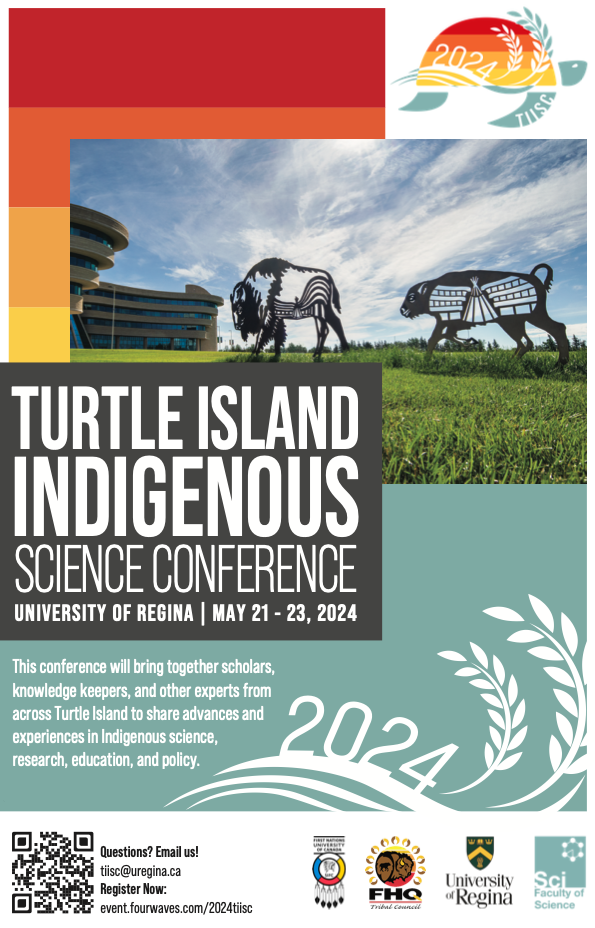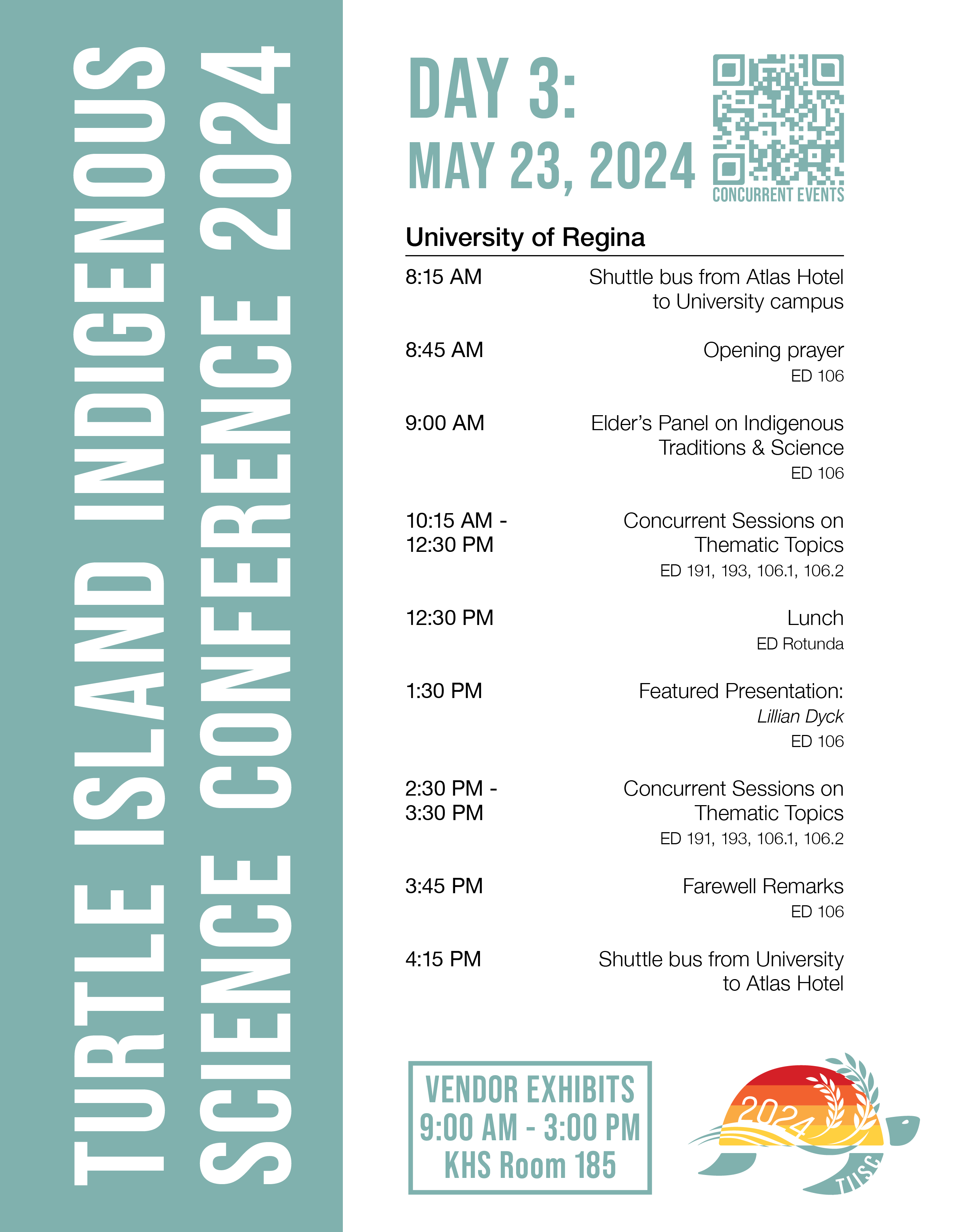
Decolonizing the Podium: Academic Conferences on Turtle Island Reshape Knowledge Exchange
The hallowed halls of academia, long bastions of Western thought and methodology, are undergoing a profound transformation across Turtle Island – the Indigenous name for North America. What once were spaces primarily for the dissemination of Eurocentric knowledge, often generated through the study of Indigenous peoples rather than with them, are now increasingly becoming sites of vibrant decolonization, reconciliation, and the resurgence of Indigenous intellectual traditions. Academic conferences, the very heart of scholarly exchange, are at the forefront of this monumental shift, grappling with how to meaningfully integrate diverse epistemologies and create truly inclusive intellectual environments.
For centuries, academic conferences on this continent largely mirrored the colonial project itself. Indigenous knowledge systems, rooted in land, language, and intergenerational wisdom, were systematically dismissed as folklore, spirituality, or simply not "science." Indigenous scholars were scarce, their voices often unheard or relegated to the margins. Research presented about Indigenous communities was frequently extractive, benefiting the researcher’s career without reciprocal benefit to the communities themselves. This historical context forms the essential backdrop against which contemporary changes must be understood.
The term "Turtle Island" itself is more than just an alternative geographical label; it carries profound cultural, spiritual, and political significance. It represents a worldview where humans are interconnected with the land, the animals, and the spiritual realm – a stark contrast to the often reductionist and anthropocentric perspectives prevalent in Western academic discourse. Embracing this terminology in the context of conferences signals a conscious effort to acknowledge and honour the original inhabitants and their enduring relationship to these lands.
The shift is not merely cosmetic; it represents a fundamental re-evaluation of what constitutes valid knowledge, who holds it, and how it should be shared. Driven by the tireless advocacy of Indigenous scholars, community leaders, and a growing number of non-Indigenous allies, academic conferences are slowly but surely beginning to reflect the principles of decolonization and reconciliation.
One of the most visible, yet often debated, manifestations of this change is the ubiquitous Land Acknowledgement. Once a rarity, it is now standard practice to open conferences, symposia, and even individual presentations by acknowledging the traditional territories on which the event is taking place and the Indigenous peoples who are the original stewards of that land. However, the efficacy of these acknowledgements is a point of ongoing discussion. As Dr. Chelsea Vowel (Métis) critically observes, "A land acknowledgement without action is just an empty gesture." Many Indigenous scholars emphasize that these acknowledgements must be accompanied by tangible commitments: building relationships with local Indigenous communities, supporting Indigenous students and faculty, and actively working towards Indigenous sovereignty.

Beyond verbal acknowledgements, concrete innovations are emerging. Indigenous-led conferences are setting new standards. Organizations like the Native American and Indigenous Studies Association (NAISA) and the American Indian Science and Engineering Society (AISES) have long provided platforms where Indigenous scholars can share their research, develop networks, and celebrate their intellectual traditions. These conferences often incorporate Indigenous protocols, ceremonies, and cultural practices, creating a different kind of academic space that feels more welcoming and affirming for Indigenous participants. Presentations might involve storytelling, visual arts, or performance alongside traditional paper readings, reflecting diverse modes of knowledge transmission.
A crucial aspect of this evolution is the increasing presence and authority of Elders and Knowledge Keepers. These revered community members, who hold vast stores of traditional wisdom, oral histories, and spiritual teachings, are no longer just invited as guests of honour but are actively participating as keynote speakers, panel members, and even co-presenters. Their contributions challenge the hierarchical structures of Western academia, asserting that knowledge can reside outside of published texts and academic degrees. Their presence also grounds discussions in real-world community contexts and ethical considerations, ensuring that research remains accountable to the people it purports to serve.
The concept of "Two-Eyed Seeing" (Etuaptmumk), coined by Mi’kmaw Elder Albert Marshall, is gaining traction as a guiding principle. It advocates for learning to see from one eye with the strengths of Indigenous knowledges and ways of knowing, and from the other eye with the strengths of Western knowledges and ways of knowing, and to use both eyes together for the benefit of all. In a conference setting, this means fostering spaces where Indigenous methodologies – such as community-based participatory research, Indigenous-led ethical frameworks, and the prioritization of relationality – are valued alongside conventional Western approaches. It’s about creating dialogues where different knowledge systems can respectfully inform and enrich each other, rather than one dominating the other.
Furthermore, there is a growing emphasis on ethical engagement and reciprocity. Conferences are increasingly hosting sessions dedicated to discussing ethical research practices with Indigenous communities, moving beyond institutional review board (IRB) requirements to embrace Indigenous data sovereignty and OCAP® principles (Ownership, Control, Access, Possession) for First Nations data in Canada. This ensures that research presented is not only academically sound but also respects the intellectual property and self-determination of Indigenous peoples.
However, the journey is far from over. Significant challenges persist. Tokenism remains a concern, where Indigenous voices are included but not genuinely integrated or empowered. Some conferences may invite an Indigenous speaker or host a single panel without fundamentally altering their structure or content, leading to a superficial sense of diversity. Funding disparities also limit the participation of Indigenous scholars, particularly those from remote communities, and under-resourced Indigenous institutions.
The "Ivory Tower" continues to be slow to change. Academic hiring, tenure, and promotion processes often still privilege Western publication metrics and disciplinary norms, making it difficult for Indigenous scholars whose work may involve community engagement, oral traditions, or non-traditional forms of knowledge dissemination to advance within mainstream institutions. This can create a disconnect between the progressive rhetoric at conferences and the lived realities of Indigenous academics.
Despite these hurdles, the momentum is undeniable. Conferences on Turtle Island are becoming vital forums for discussing the impacts of colonialism, the pathways to healing, and the urgent need for climate action informed by Indigenous ecological knowledge. They are spaces where Indigenous languages are heard, where traditional foods are shared, and where intergenerational learning is celebrated.
The future of academic conferences on Turtle Island is one of radical transformation. It demands more than just adding Indigenous content; it requires a deep, structural reimagining of how knowledge is created, validated, and shared. It means embracing diverse ontologies, epistemologies, and pedagogies. It means prioritizing relationships over output, reciprocity over extraction, and community well-being over individual accolades.
Ultimately, these evolving conferences are not just about Indigenous studies; they are about enriching all of academia. By opening themselves to Indigenous ways of knowing, academic conferences on Turtle Island are not only rectifying historical injustices but also paving the way for a more holistic, ethical, and ultimately more truthful pursuit of knowledge that can genuinely serve all peoples on these lands. The decolonization of the podium is not merely a symbolic gesture; it is an essential step towards a more just and intellectually robust future.



